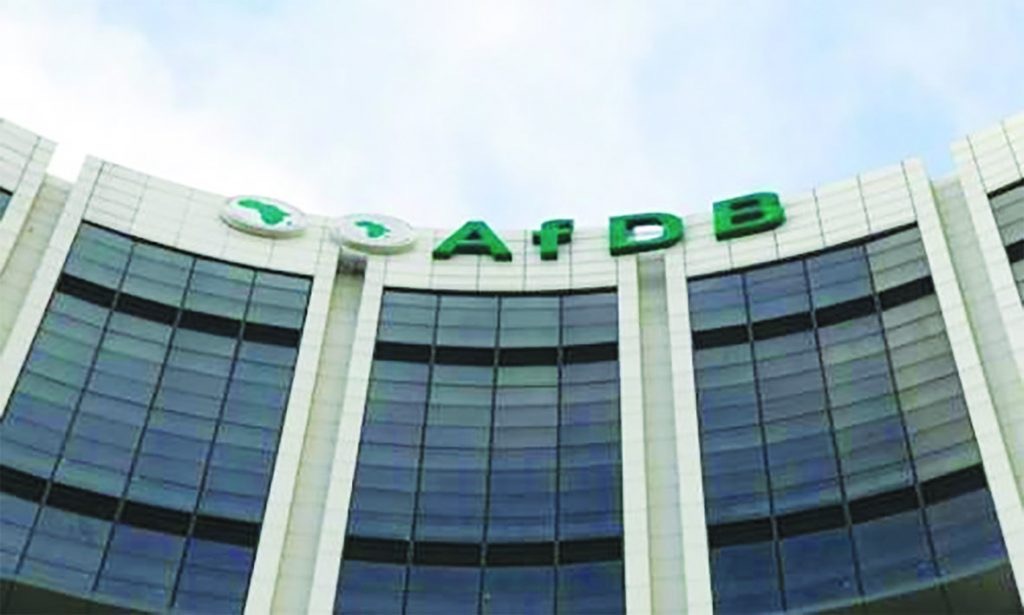AFRICA, FEATURED STORIES, Finance, news, TRENDING
AfDB invested over $10bn in Nigeria in 52 years

The African Development Bank Group has invested over $10bn in Nigeria since 1971.
The development bank made this disclosure in a statement, during the visit of the seven newly elected North West state governors, to strengthen cooperation and unlock the country’s vast agricultural potential.
According to the AfDB, its active portfolio in Nigeria includes 48 operations worth $4.4bn.
The delegation, meeting with bank President, Dr Akinwumi Adesina, was led by Katsina State Governor, Dikko Radda, and included Governor of Kebbi State, Dr Nasiru Idris; Alhaji Umar Namadi of Jigawa; Zamfara’s Dr Dauda Lawal, and Deputy Governors Aminu Abdussalam from Kano, Dr Hadiza Balarabe of Kaduna, and Idris Gobir of Sokoto.
With an estimated 60 million people, which is 28 per cent of the country’s population, North-West Nigeria is home to 10 million of the country’s 22 million herds of cattle.
The zone has the highest incidence of poverty and food insecurity due to inadequate infrastructure, weak extension services, limited value addition and poor integration into domestic and regional markets.
According to the statement, discussions in Abidjan focused on boosting food production, nutrition and security, as well as innovative ways to unleash the zone’s rich agriculture potential and fast-track the implementation of Special Agro-industrial Processing Zones.
“Other priority areas included opportunities to leverage African Development Bank’s renewable energy programmes, including its $20bn Desert-to-Power initiative that will deliver 10,000MW of solar energy to nearly 250 million people across the Sahel region.
“Special Agro-Industrial Processing Zones are designed to promote increased productivity, value addition and market access through government-enabled and private sector-driven investments to develop strategic commodity value chains. The SAPZ program was launched in Nigeria in October 2022,” it added.
Adesina said the bank and its partners had targeted $1bn in financing to expand the SAPZ programme in Nigeria, to support up to 25 of its 36 states.
He urged the governors to collaboratively and promptly select agricultural hubs to host the schemes.
“These zones will benefit local farmers and create jobs throughout the value chains. They will provide unprecedented opportunities to transform commodities into high-value products, reduce waste and post-harvest losses, boost incomes, increase profits, and plough money back into your rural economies.”
Noting the zone’s endowment in livestock, particularly cattle, Adesina underscored the area’s potential for meat processing.
“I would like us to have a substantive conversation about establishing beef processing zones in the North West zone,” he asserted.
He said the bank had financed several projects in the North West zone, including the $85m Zaria Water Supply and Sanitation Project, which provided water to 650,000 people and sanitation services to 350,000.
Kano and Kaduna are part of Phase One of the SAPZ programme.
The National Agriculture Growth Scheme received $134m in budget support funding under the Bank Group’s Africa Emergency Food Production Facility.
“The scheme targets increased wheat and rice production during the 2023 dry season and through the 2024 wet season in five states. The scheme will help reduce some of the country’s current $3bn expenditure on wheat imports.
“These zones will benefit local farmers and create jobs throughout the value chains. They will provide unprecedented opportunities to transform commodities into high-value products, reduce waste and post-harvest losses, boost incomes, increase profits, and plough money back into your rural economies.”


